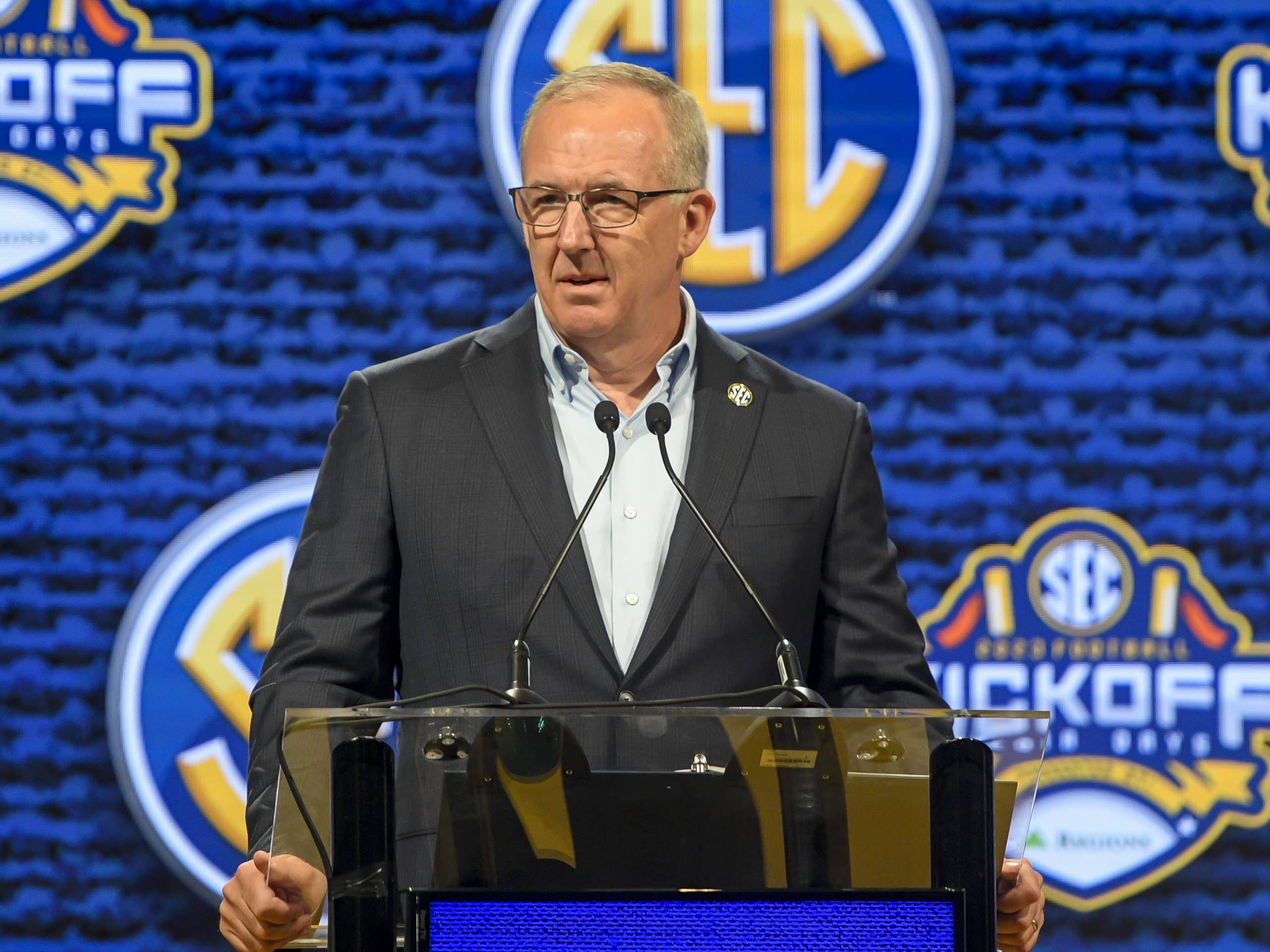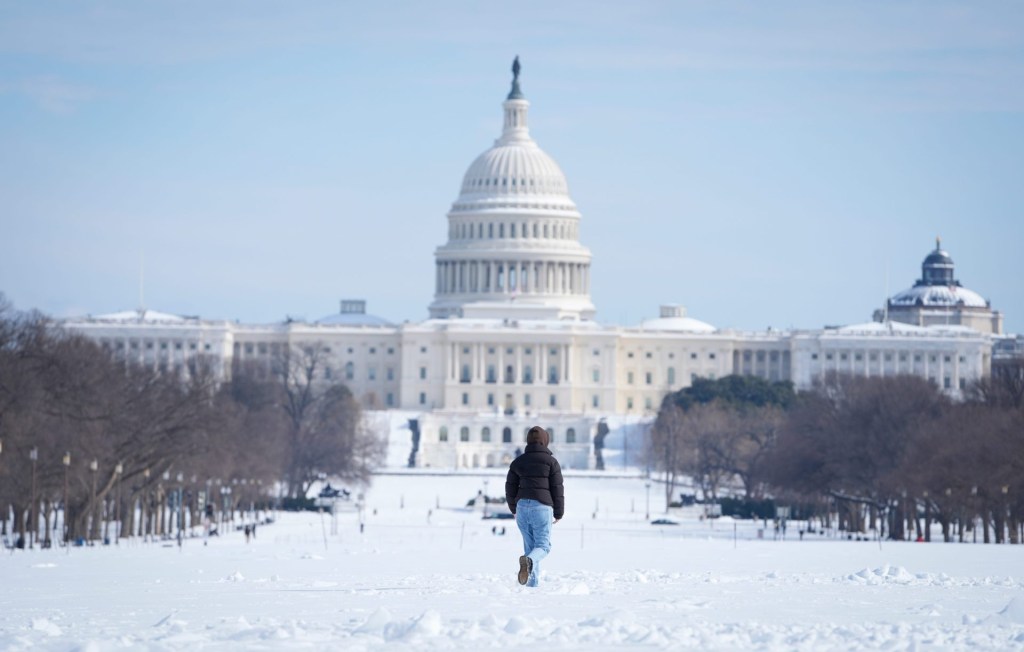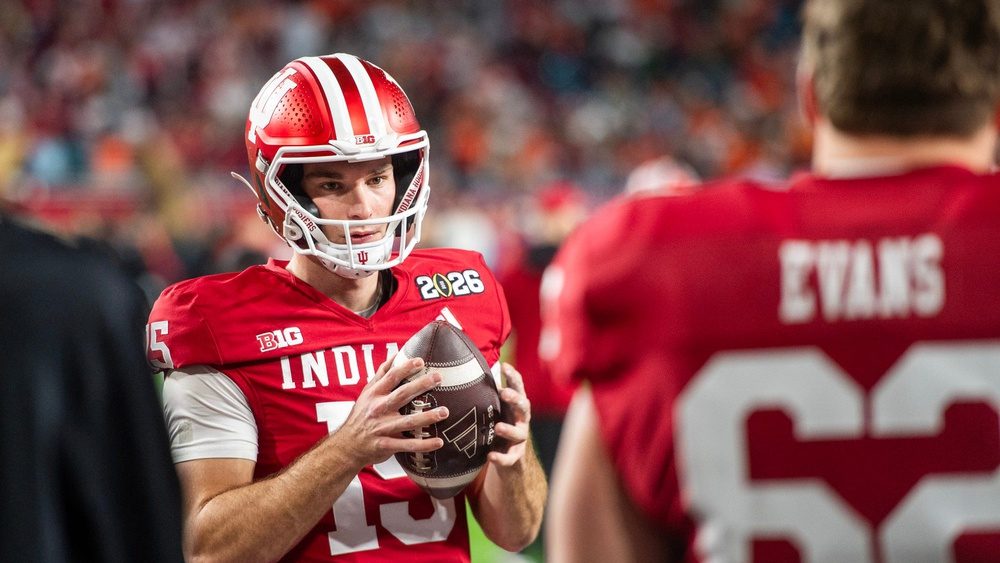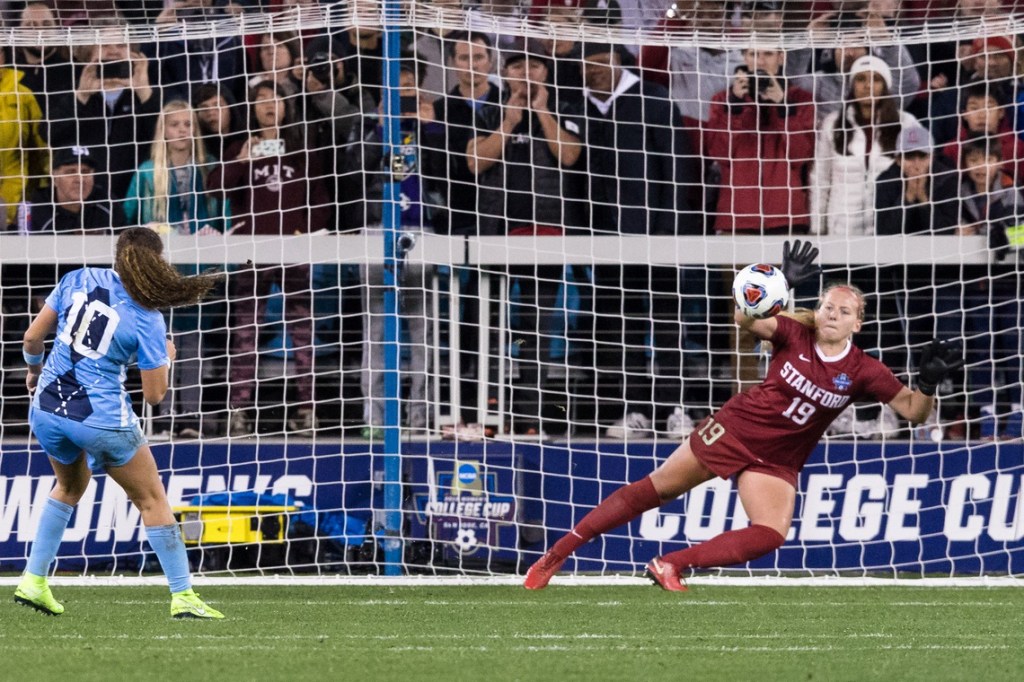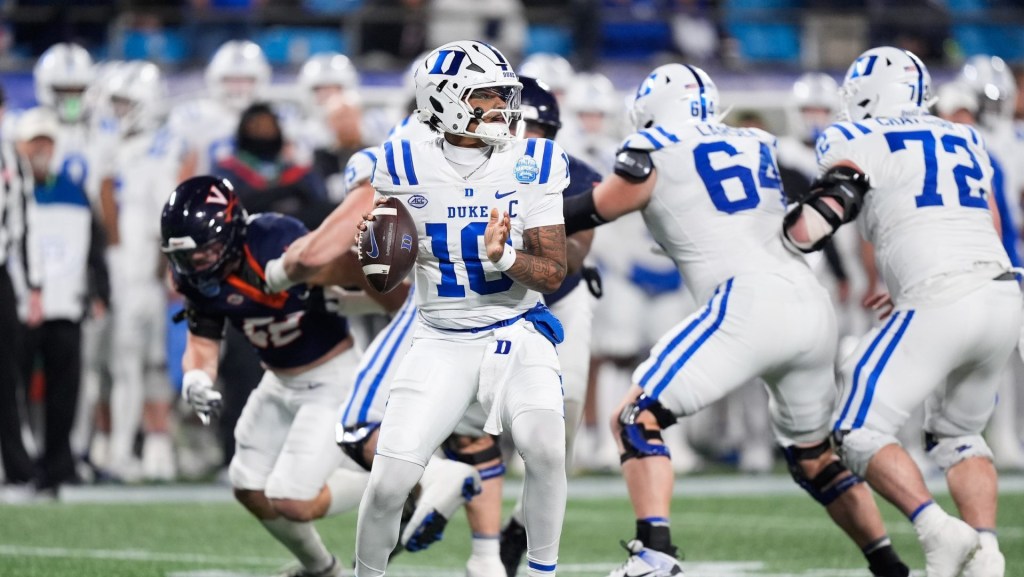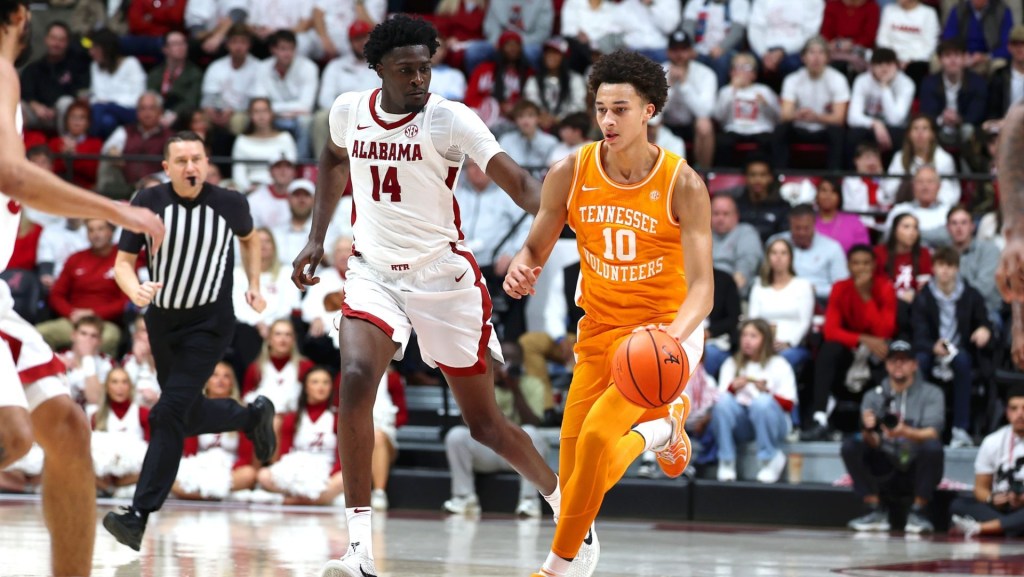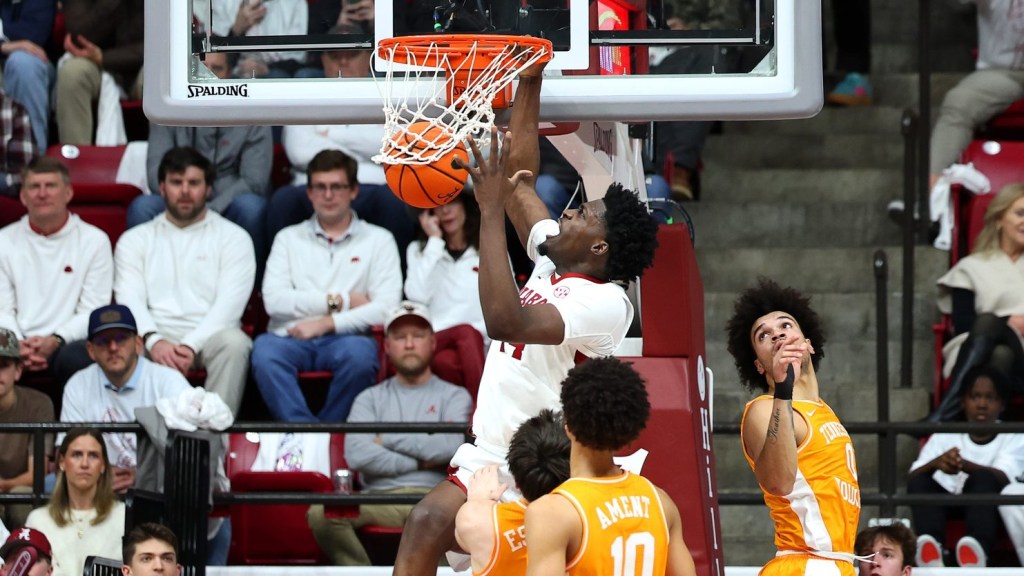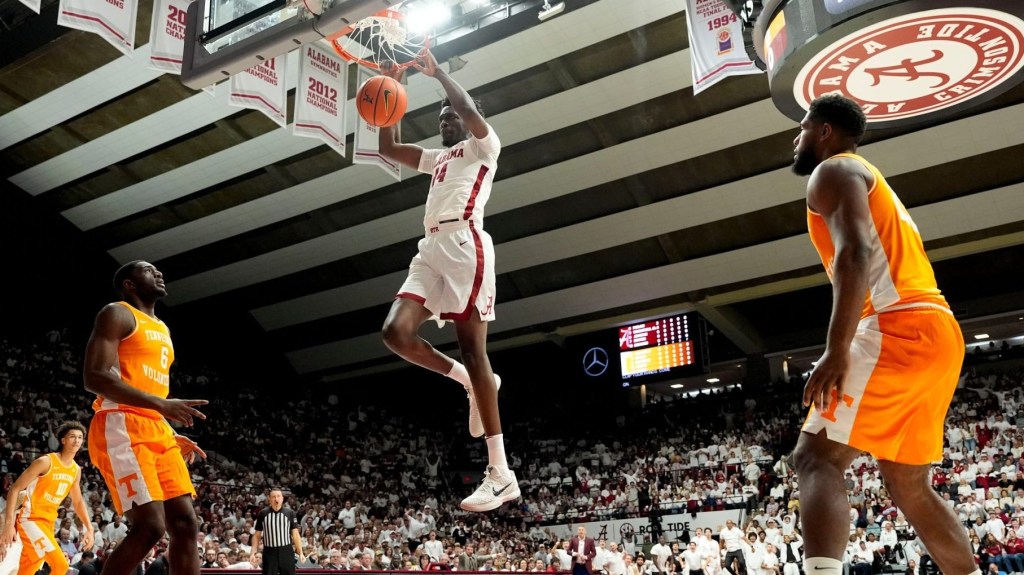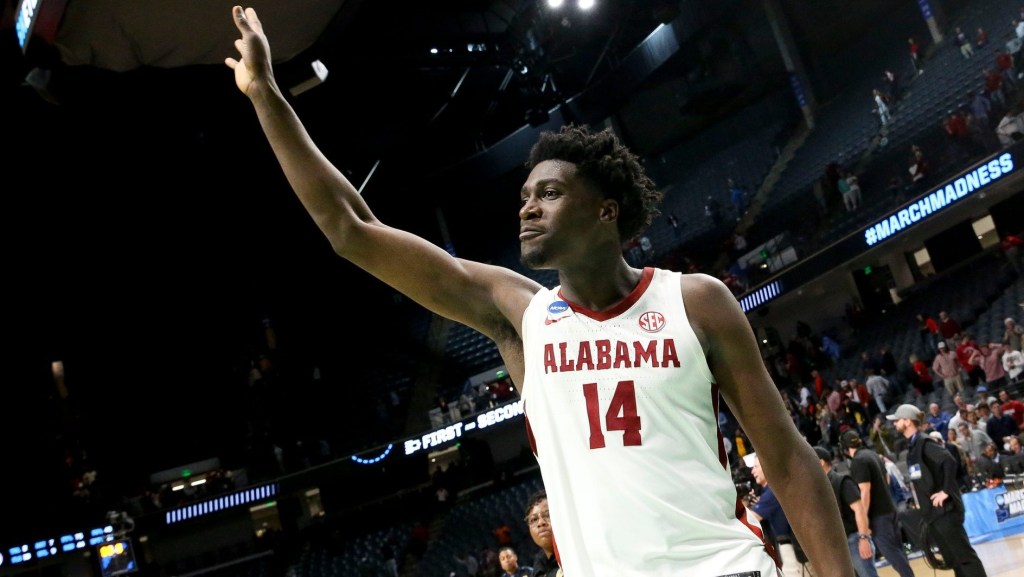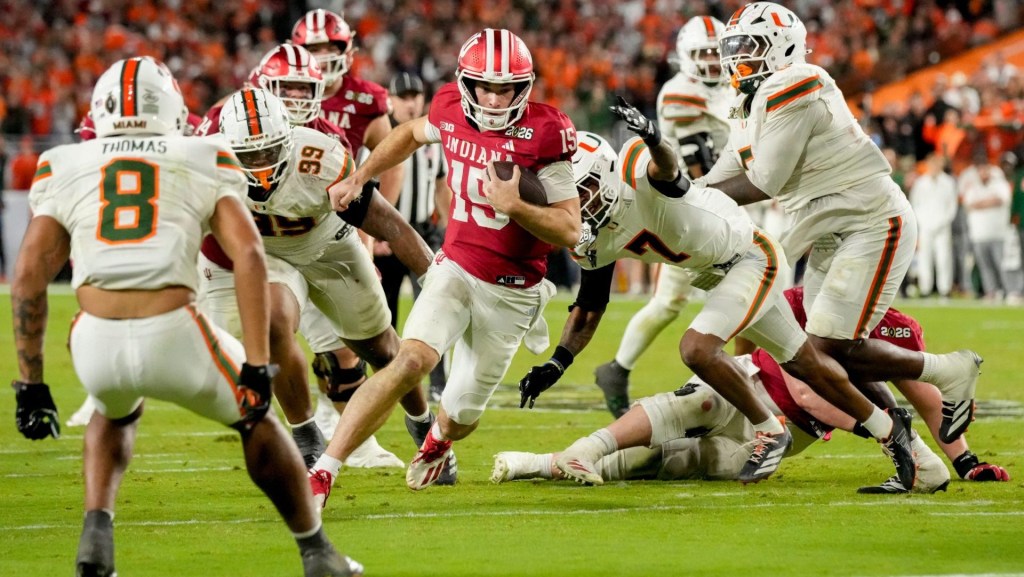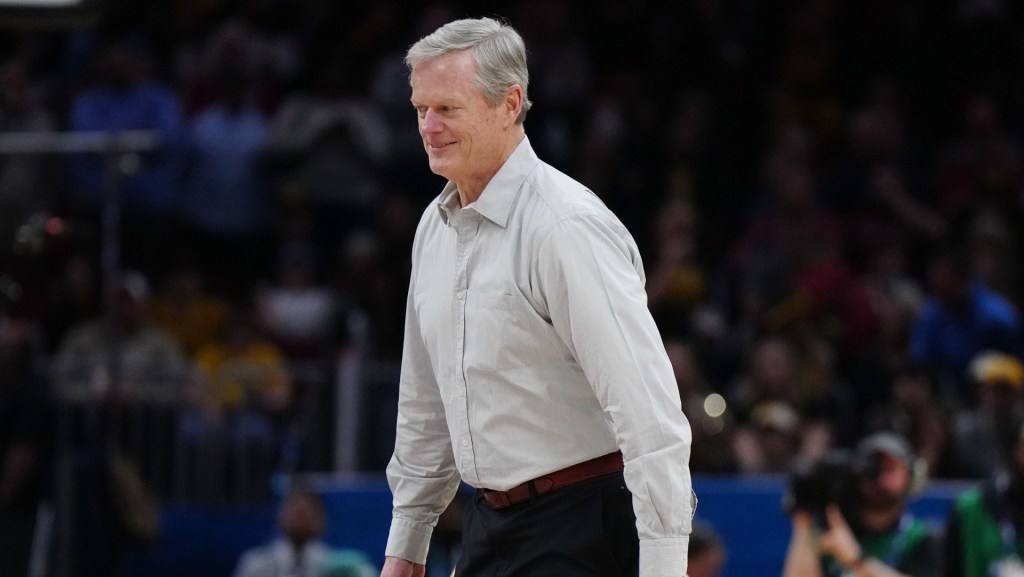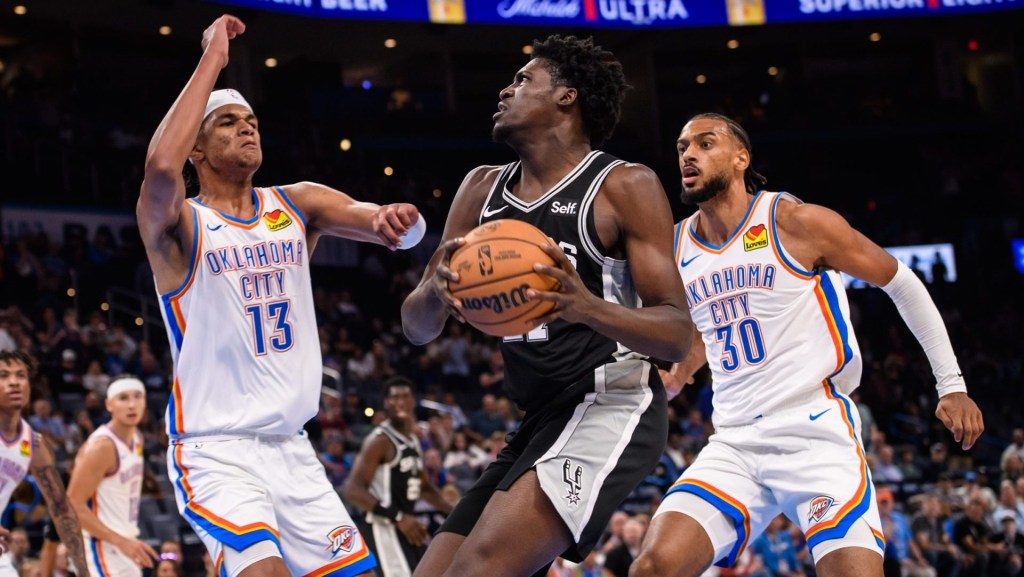During the first day of SEC football media days on Monday, Commissioner Greg Sankey railed against the current state of the name, image, and likeness landscape.
While he acknowledged that NIL was a “net positive” for college athletes, he has significant issues with industry governance.
More than 30 state laws currently govern NIL — with often vastly different rules. The commissioner and NCAA and conference officials around the country have been lobbying for a uniform, federal NIL law.
While the NCAA and others are lobbying for a uniform bill to gain more control over NIL and prevent athlete employment status, Sankey laid out other issues with the state law approach that he hopes Congress can fix.
State legislatures from Texas to New York have passed NIL laws with input from major local universities on what rules might give them a recruiting advantage. These tactics would allow athletic department employees to help athletes get deals or allow athletic department foundations to run collectives.
That creates two issues, Sankey said. First, it’s confusing for recruits. Second, it creates a potentially unfair situation where some schools can involve themselves in NIL in a way their competitors can’t.
“Student-athletes want to know their competitors from other states are governed by the same rules,” Sankey said. “Uniformity will ensure a high school student being recruited by universities across the country knows there is a consistent set of rules guiding their NIL activity.”
He also noted that no one is enforcing NIL rules of any kind.
The NCAA handed down its first NIL infraction to the University of Miami earlier this year, but its penalties amounted to little more than a slap on the risk.
And now, in multiple states, the NCAA or conferences are prohibited from punishing schools or athletes for violating their policies. In other words, it’s now illegal for the NCAA to punish a school for certain NIL infractions in certain states.
At the same time, Sankey noted that state legislatures aren’t punishing schools for violating their state laws.
“Our student-athletes deserve something better than a patchwork of state laws that support their NIL activity if support is the right word,” he said. “Our student-athletes deserve better than a race to the bottom at the state legislature level.”
